
International Humanitarian Law Clinic News: News Releases and In the News


Blank weighs in on use of pagers as explosives
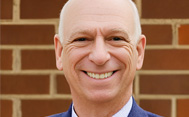
Meier on hostages, possible truce in Middle East

Meier comments on Israel's pursuit of Hamas

Meier: Hamas has committed war crimes

Meier: How can Israel safely rescue hostages
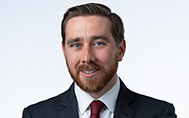
Farley 11L featured in Practical Law's 'Careers in Law'
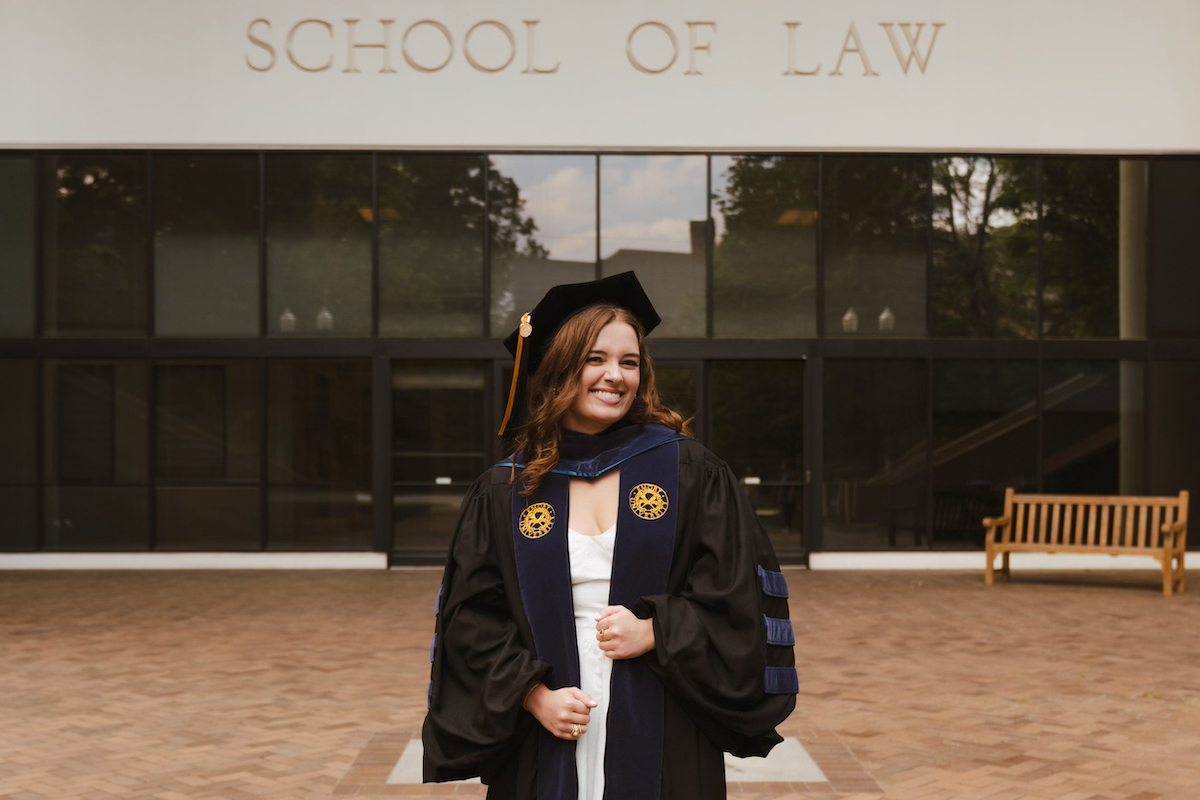
Morrison 23L's research praised by US Ambassador
When Christina Morrison 23L receives her Emory Law diploma on Sunday with highest honors, Order of the Coif, one achievement will not be listed in the commencement program: a commendation letter from the US Ambassador in charge of investigating war crimes.

Farley: Russian conscription in occupied Ukraine is a war crime

Professor Laurie Blank to serve as special counsel to general counsel of DoD

Blank: Strict rules govern treatment of POWs

Blank: War reparations for Ukraine

Blank: Mounting evidence of war crimes in Ukraine

Blank: International laws that might hold Putin accountable

Blank: Targeting civilians could violate international law

Blank: You can't label U.S. F-22s with Chinese flags

Blank: New wargame can teach law of war decision-making
Wargames have long been a part of military training, but now law of war educators are also using the tool, Laurie Blank, director of the International Humanitarian Law Clinic, writes. This year, the Marine Corps Command and Staff College curriculum added a wargame (developed in partnership with the IHL Clinic) that combines legal and operational decision-making. "Not only did the wargame teach students about compliance with the law of armed conflict, it also prepared them to face adversaries who will exploit that compliance for their own tactical and strategic gain."

Blank: Experts Question Trump’s Focus on Syrian Oil Fields
U.S. President Donald Trump has made protecting Syria's oil reserves a top priority, and is deploying U.S. troops to the oil fields even as he pulled American forces out of the border area with Turkey, clearing the way for a Turkish military assault earlier this month on the Kurds. Experts quoted by VOA, including International Humanitarian Law Clinic Director Laurie Blank question Trump's focus on the oil fields.

Trump policy of conquest 'doesn't exist anymore' Blank says
President Donald Trump reiterated his intention to keep some American troops in Syria to control the country's eastern oilfields. Experts, including International Humanitarian Law Clinic Director Laurie Blank, warn the president's comments could promote the view that the U.S. involvement in the Middle East is to extort revenue.

Blank: Trump suggestion to seize Syrian oilfields exploitative
President Donald Trump's suggestion on Sunday that Exxon Mobil or another U.S. oil company operate Syrian oil fields drew rebukes from legal and energy experts, Reuters reports. "International law seeks to protect against exactly this sort of exploitation," said Laurie Blank, director of the International Humanitarian Law Clinic.
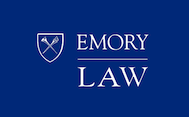
UN Special Rapporteur on Freedom of Expression to speak on free speech and the internet for Global Leaders Lecture

Lawfare podcast features Blank on the future of war
Laurie Blank, director of the International Humanitarian Law Clinic, recently spoke on the evolution of warfare and predictions about what's next. "From the increasing development of autonomous weapons systems to the expansion of the traditional battlefield to cyber and outer space, the evolution of warfare invites ethical and legal questions about what the future holds," says the Lawfare blog. The panel discussion was held in November 2018, moderated by former Air Force and Army general counsel Chuck Blanchard.
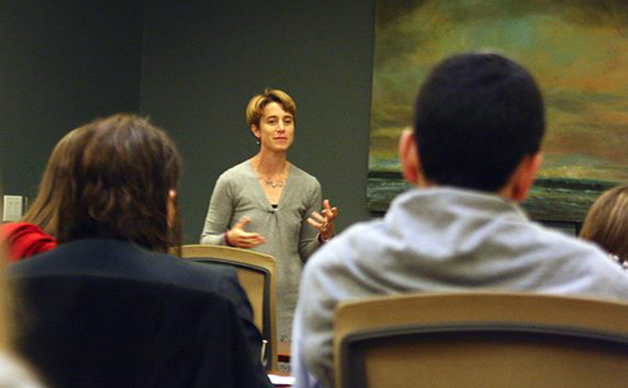
International Humanitarian Law Clinic celebrates 10th anniversary
Emory's International Humanitarian Law Clinic (IHLC) celebrates ten years in operation during the 2017-2018 academic year.

Blank: The strikes in Syria: legitimacy vs. lawfulness
When commenting on the recent U.S. strikes on Syria, UN Ambassador Nikki Haley called them, "justified, legitimate and proportionate." But were they legal? Laurie Blank, director of Emory Law's International Humanitarian Law Clinic, examines the difference in her opinion article, published in Lawfare.

Lt. Gen. Pede, JAG: Good lawyers insist on distinction
Emory Law welcomed Lieutenant General Charles N. Pede, Judge Advocate General of the United States Army, as speaker for its second annual Global Leaders Lecture.

Recent Yemen strikes raise questions about self-defense, Blank says
After the 9/11 attacks, the U.S. responded in self-defense against al Qaeda and the Taliban in Afghanistan "and has since used force against al Qaeda and several affiliated groups from Pakistan to Yemen to Syria to Somalia and beyond," Emory Law's Laurie Blank writes in a column for Jurist. It raises two important questions, she says. "How long does self-defense last ... and how far can a state go--both in the geographic sense and in the sense of the legitimate aims of using force--when acting in self defense?"

Shanor retires after four decades of teaching, advocacy, practice
Charles Shanor will retire this month after 41 years of teaching. In addition to his role as a beloved professor, he also established institutions that will endure at Emory Law well beyond his tenure. In 2013, Shanor created the Emory Law Volunteer Clinic for Veterans with Director Emeritus Lane Dennard and two student leaders; he currently serves as co-director.

Blank: Talk of secret prisons raises 'a huge red flag'
Black sites and extraordinary renditions indicate by their very name that they lie outside the norm of ordinary behavior, writes Laurie Blank, director of Emory Law's International Humanitarian Law Clinic. Reports that President Trump is preparing an executive order that could reinstate the use of secret overseas prisons for detention and interrogation would violate international law, she writes in an op-ed for The Hill.

Trump's idea to take Iraq's oil illegal, Blank says
Presidential candidate Donald Trump's assertion he would "take all the oil out of Iraq," violates international law, says Laurie Blank, director of the International Humanitarian Law Clinic. "There is a remarkably robust and comprehensive framework of law that applies specifically in war to regulate the conduct of hostilities and the protection and treatment of persons," she writes for Jurist. "Occupation is not a license to bleed a country dry," she adds. "The days of war as conquest are long over."

Trump's proposed oil grab violates Geneva Convention, Blank says
Donald Trump's stance that the U.S. should have taken oil out of Iraq following the 2003 invasion would have been a violation of the fourth Geneva Convention and likely other international agreements, Laurie Blank tells the Wall Street Journal. Blank is director of Emory Law's International Humanitarian Law Clinic. "Under the fourth Geneva Convention, when you are an occupying power, you are a caretaker, you are administering the territory," she said. "The idea is to keep it as close to status quo as possible and give it back. It's not yours to do with it what you want."
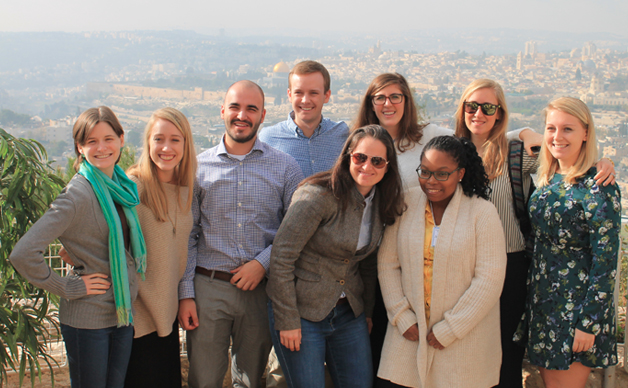
IHL Clinic shines brighter for finding two mates
Emory Law's International Humanitarian Law (IHL) Clinic helps start an international exchange program with other humanitarian law clinics to help build the next generation of international lawyers.

Blank for CNN: Declaring ISIS guilty of genocide triggers obligation to act
Under U.S. law, a designation of genocide opens the door to prosecuting any person alleged to be responsible for this heinous international law violation "even if the location, defendant and victims had no connection to the U.S.," Laurie Blank, director of the International Humanitarian Law Clinic writes for CNN. Unlike a congressional resolution, Thursday's statement by Secretary of State John Kerry that ISIS has committed genocide triggers an obligation "to take measures to prevent and punish the crime."

Blank: Tough talk on torture violates America's stance against inhumanity
Presidential candidate Donald Trump has declared waterboarding would be merely an introductory interrogation technique, Director of the International Humanitarian Law Clinic Laurie Blank writes in an op-ed for The Hill. "The dangers of this rhetoric are enormous. Torture is illegal," she says. "Tough talk of torture, enhanced interrogation techniques and carpet-bombing may make good campaign copy, but such rhetoric and acts not only violate the law, but ultimately undermine the very essence of leadership and morality."

International Humanitarian Law Clinic students leave for exchange in Israel
Ten students from the International Humanitarian Law Clinic and Professor Laurie Blank left for Israel as part of an international IHL clinic exchange.

Blank for The Conversation: Was U.S. strike on Afghanistan hospital a war crime?
The U.S. airstrike that hit the Medecins Sans Frontières (MSF) hospital in Kunduz, Afghanistan, was a horrible tragedy, writes Laurie Blank, director of the International Humanitarian Law Clinic. But was it a war crime, as the organization immediately asserted? "This incident highlights not only the challenges and tragic consequences of war in populated areas, but also the dynamic interplay between media coverage of military operations and the legal regulation of armed conflict," she says.
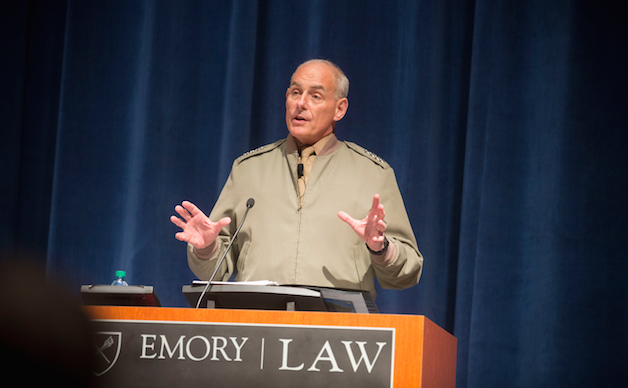
SOUTHCOM Commander Kelly: Leveraging U.S. strengths to promote the rule of law
General John F. Kelly, Commander of the U. S. Southern Command, visited Emory University School of Law to offer insight on the role of law in military and security operations.

Laurie Blank for The Hill: "Torture is illegal under U. S., international, and other national laws"
Torture is illegal during wartime, peacetime, counterterrorism operations and any other circumstances.

Blank speaks on international law at ICT 14th World Summit
Edan Landau discusses international law in a new urban war zone with Professor Laurie Blank and her frequent co-author Geoffrey Corn, professor of law and presidential research scholar at South Texas College of Law.

Blank discusses counterterrorism at panel led by Richemond-Barak
Daphne Richemond-Barak heads the International Law Desk of the International Institute for Counter-Terrorism (ICT). She led a panel titled, "New Battlefields/Old Laws: The Next Steps in Counterterrorism: Adapting to an Evolving Threat and an Expanding Battlefield," with guests Laurie Blank, Professor William C. Banks, Professor Jennifer Daskal, and Professor Nathan Sales.

Volokh Conspiracy praises Blank op-ed on Israel-Hamas conflict
The tendency to make judgments about the rights and wrongs of the current Israel-Hamas conflict on the basis of which side has had more civilians killed is hard to resist. There's a lot of talk about "disproportionate" killing or attacks. So I welcome a new measured, careful discussion by Emory Law School professor Laurie Blank, describing what proportionality means in the law of targeting (which is a major part of the law of armed conflict).

Blank discusses Gaza: Asymmetries and proportionalities
The conflict in Gaza is replete with asymmetries: the number of civilian casualties on either side, the amount of destruction, the types of weapons used and technological capabilities. But for both legal and practical reasons, conflating asymmetry and proportionality is both inaccurate and harmful to the law of war's core purposes.

Blank: Getting the law right on the Israel-Hamas conflict
In an age when both real and perceived violations of international law have a substantial effect on the legitimacy of state action, getting it wrong is way more than just bad journalism.